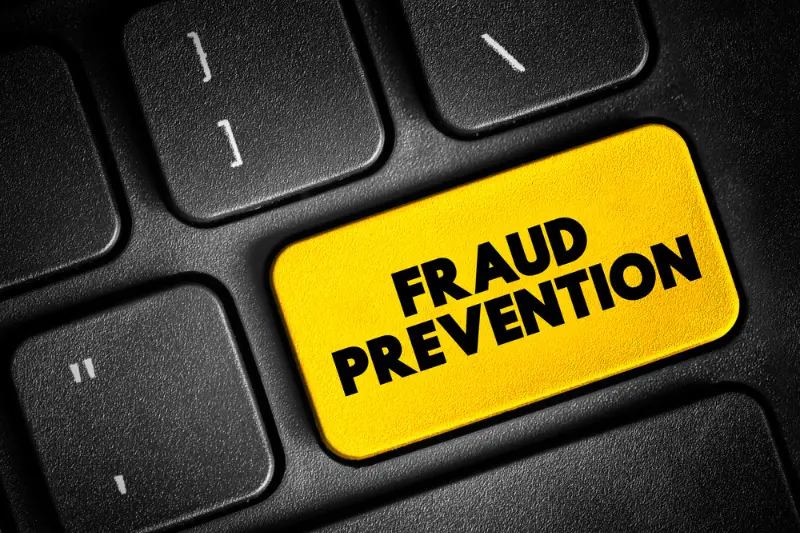Click here to get this post in PDF
In this day and age, some people run online scam companies or illegitimate websites to mislead Internet users into fraud or cybersecurity threats. They’re online scammers who abuse the obscurity of the Internet to hide their real identities and intentions behind different masks. These can include tech support scams, phishing scams, fake shopping websites, and scareware scams.
Although browsing the Web has multiple benefits, not all sites are safe and secure to open. Some of these may attempt to perpetrate credit card fraud, identity theft, data breach, and other cybercrimes.
Moreover, online scam companies work in different ways. But generally, they’ll send a text or email message that may appear like they’re from a legitimate company like an online store, social networking, or a bank. They do this to trick you into giving relevant, sensitive information, like your credit card numbers, passwords, and bank account information.
But the good news is that you can avoid falling victim to them and ensure your online safety and security. For instance, if you’re looking for the best heating and cooling system in Colorado Springs, pull out all the stops in ensuring you’re only clicking a legitimate website. Accordingly, you can use some of the tips below to avoid getting deceived by online scam companies.
1. Protect Your Computer
Since there are more cyberattacks these days, installing antivirus software on your laptop or computer is crucial. And, if you already have this kind of software, you should make sure you’re running and regulating it frequently to prevent viruses from getting into your device. In addition to antivirus software, you may consider installing and enabling anti-spam and firewall software, as well as anti-spyware to help you combat malicious cybersecurity threats.
Installing an anti-spam software helps you prevent junk and spam emails from penetrating your inbox, guarding you against phishing scam companies. On top of that, installing a firewall helps you prevent unsolicited access to your computer through malware and viruses. Moreover, installing anti-spyware software enables you to block the installation of any spyware on your computer.
In addition, to get up-to-date information about online scams across various business industries, you can click here to gain valuable information on how you can better equip your company, security-wise.
2. Know The Sender
Another way to avoid getting tricked by online scam companies is knowing who’s the sender and verifying if a legitimate source sends the message. For instance, if you happen to receive a notice from a bank asking for your personal information, keep in mind that banks don’t ask for any sensitive information, such as your account number, by sending you emails or text messages. They won’t also compel you to verify your account information in that way.
Therefore, make sure you know who’s the sender and do your research to make sure whether it came from a legitimate source or not. Most importantly, read about their privacy and security statement. And, if there’s a need for you to discuss sensitive information with your bank, make sure to use a secure email within your bank’s private and protected online platform.
3. Check The Security
Apart from the bank asking for your information, you also need to be vigilant about online stores you visit. If you want to enter an online shop, you should first check its address bar, and analyze the URL of the page to see whether it has HTTP or HTTPS. HTTPS means that all information you put into the website, such as your username, password, and credit card information, will be protected and encrypted from malicious parties. Meaning, you should avoid visiting a site with HTTP on its address bar.
However, note that numerous online scam companies can still look like legitimate sites due to their use of HTTPS. Therefore, you should also check if the name of a company is in the URL to help you determine whether the site is legitimate or a scam site.
4. Avoid Clicking On Links
Not clicking on any link an unknown sender sent you is also highly advisable to avoid falling victim to phishing companies. Generally, phishing emails have links to phony web pages that are nearly identical to original websites. Scammers use these fraud websites to collect your personal information or install malware or spyware on your computer. Hence, you should avoid instantly clicking on website links that someone sent you. Moreover, to ensure you aren’t clicking a fraudulent site, always go directly to the original company’s website.
Conclusion
There are numerous cybersecurity risks that come with an online scam company that’s after your information or money. Keep in mind that you can encounter cybercriminals anywhere, such as on chatting websites, dating apps or sites, and online shopping websites. The good thing is that you can use the tips above to protect yourself from cybersecurity threats, and any online scam company or website.
You may also like: Investments Fraud 101: How To Identify Suspicious Activity
Image source: Depositphotos.com


